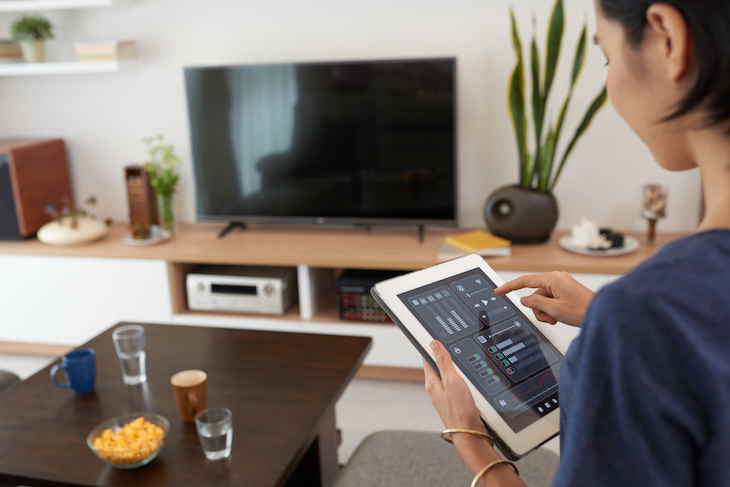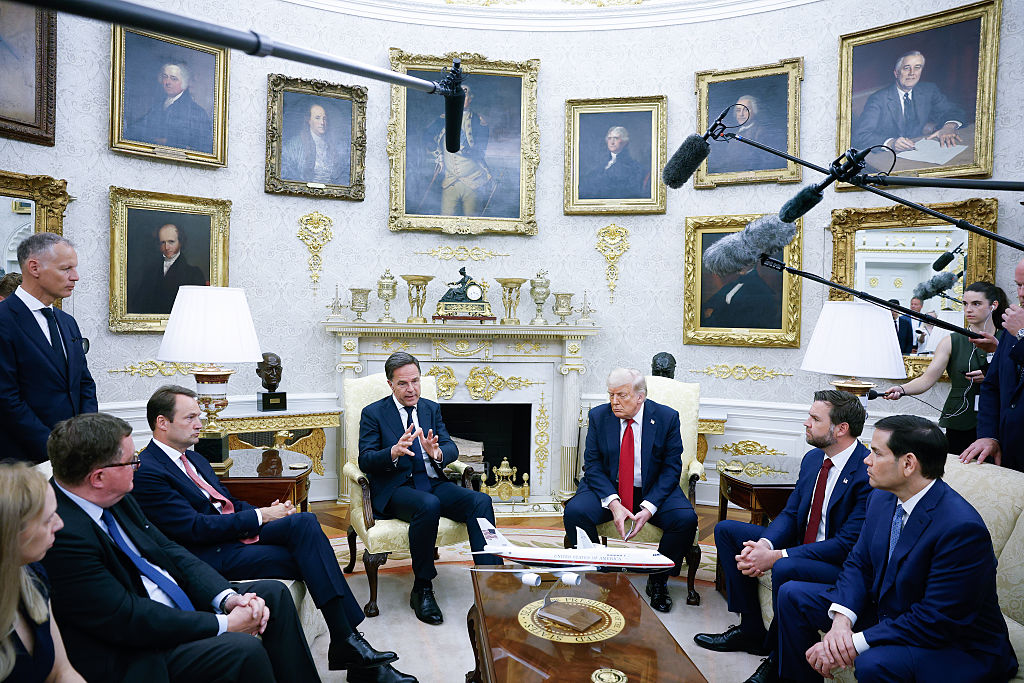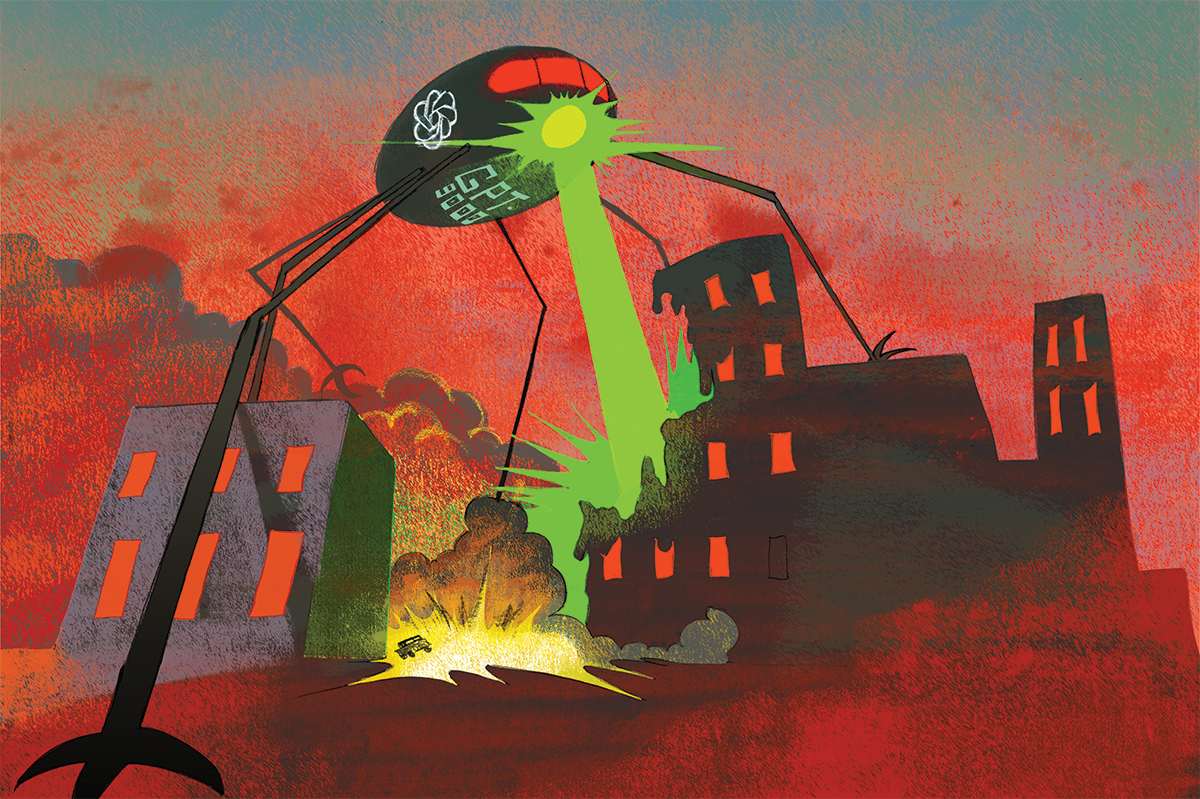How we love our homes: we make them cosy and secure, protected from the outside world, defended by locks, bolts and burglar alarms. But we haven’t always had our own private dwellings, and under the invasive influence of the internet, home, as we’ve come to understand it, may well soon be a thing of the past.
In early medieval times, a home was often just a basic tenement, a shelter shared with cattle, owned by an employer. As prosperity spread, so a sense of the private developed. Common areas subdivided into individual ones; pieces of furniture (chests, bookcases, beds, wardrobes) marked areas for particular activities and specific people.
At the same time, a sense of home as a place of refuge started to take hold. In 1760 William Pitt declared: ‘The poorest man may in his cottage bid defiance to all the force of the Crown. It may be frail, its roof may shake, the wind may blow through it. The rain may enter. The storms may enter. But the king of England may not enter.’
We now expect our homes to keep us warm, resist fire, provide us with a place to wash and store food. We relax at home, shake off our work personas and re-establish our identities. For Fanny in Jane Austen’s Mansfield Park, her room was her ‘nest of comforts’ where she could calm herself and air her geraniums. In Great Expectations, Mr Jaggers’s clerk Wemmick explains his routine: ‘When I go into the office, I leave the Castle behind me, and when I come into the Castle, I leave the office behind me.’
But does anyone now really leave the office behind them? In the age of the world wide web, is a house really the sanctuary it once was? A family might sit together but mentally they’re apart: each member on their phone; parents still mentally at work, the children still arguing with school friends.
Home used to be the place where we experienced things unmediated by a screen. For those of us born before smartphones, the sight, smell and touch of actual things was what made a home. We remember the feel of a stair rail; the loose sitting-room door handle; the creak of a stair, the smell of an empty drawer. All these experiences rooted us. We chose to invest our attention in them. While we waited for the kettle to boil or the bath to run or the (communal) phone to ring, we looked around us and absorbed the sense of home. We had the time and the mental space to be truly alone. In later life, past homes drift back to us through these same senses; on the chime of a clock bell, the scrape of a grate. But experiences mediated by a screen are all the same.
The invasion started slowly. First there was radio. Then came TV, which was seen as a great threat to the hearth and life around the family fireside playing cards and dominos. Now there’s screen-life, and the ever-growing so-called internet of things, keeping us fixated on our smartphones. Amazon is working on Vesta, named probably without irony after the Roman goddess of the hearth and the home, as a robot assistant which will follow you around the house, waiting to take your orders in case you have forgotten your mobile or feel too tired even to type.
And as we idle away the hours online, all the while our houses are spying on us. Google’s Nest and Amazon’s Alexa might seem like useful aides or entertainment, but they’re also machines for collecting our personal data. It’s not ‘our’ home any more, it’s Amazon’s.
As devices dominate, so the ordinary context of a home becomes less important. The garden and the neighbourhood, the family next door diminish in importance. Even friends fade. Of course our homes were only ever partly private: they also gave us a space to entertain. We had rooms kept for best. In these specially furnished spaces we cultivated our identities for the benefit of outsiders. This too is a dying habit. We don’t need to have these physical encounters any more. Facebook takes the place of drinks and dinner parties.
Amazon and eBay provide a market we don’t need to attend in person. Our beautiful homes, full of expensive things found online, are increasingly decorated more for Instagram than for actual guests. Real people are tiresome. They demand real food and conversation and require you to look up from your screen — though should a person come round, Blink, the ‘connected’ doorbell, lets you open your front door via your device.
As our experiences are increasingly co-ordinated by global suppliers, so these global suppliers, the internet billionaires, are increasingly turning away from technology. It’s fashionable in Silicon Valley these days to ban children from having smartphones, to preserve privacy and a sense of home. Perhaps we should all follow their lead.

























